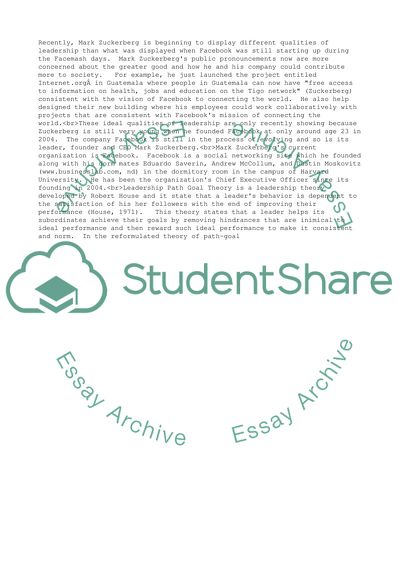Cite this document
(Costco CEO Exemplifies Culturally Diverse Leadership Essay, n.d.)
Costco CEO Exemplifies Culturally Diverse Leadership Essay. https://studentshare.org/management/1868480-costco-ceo-exemplifies-culturally-diverse-leadership
Costco CEO Exemplifies Culturally Diverse Leadership Essay. https://studentshare.org/management/1868480-costco-ceo-exemplifies-culturally-diverse-leadership
(Costco CEO Exemplifies Culturally Diverse Leadership Essay)
Costco CEO Exemplifies Culturally Diverse Leadership Essay. https://studentshare.org/management/1868480-costco-ceo-exemplifies-culturally-diverse-leadership.
Costco CEO Exemplifies Culturally Diverse Leadership Essay. https://studentshare.org/management/1868480-costco-ceo-exemplifies-culturally-diverse-leadership.
“Costco CEO Exemplifies Culturally Diverse Leadership Essay”. https://studentshare.org/management/1868480-costco-ceo-exemplifies-culturally-diverse-leadership.


